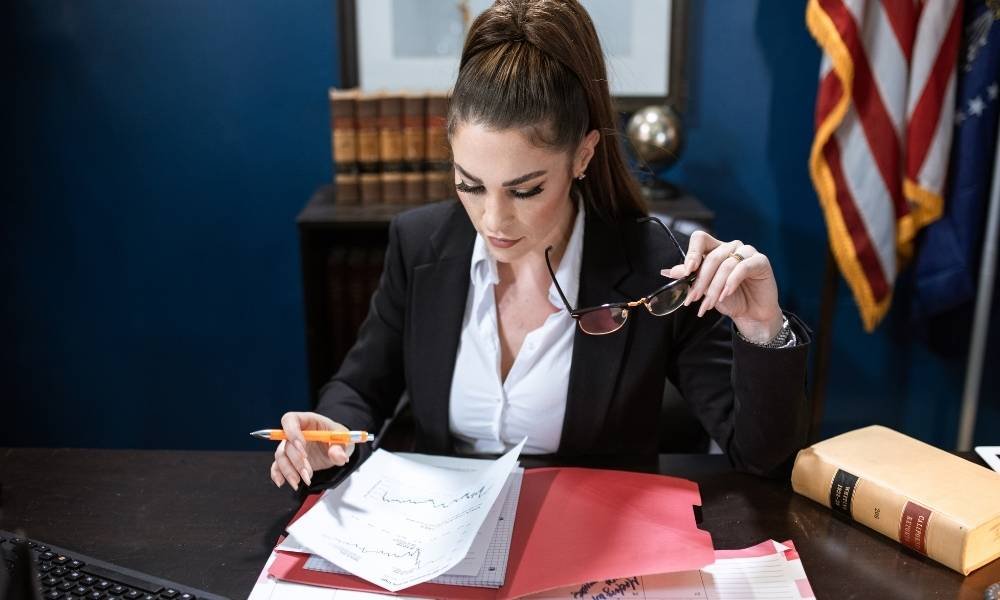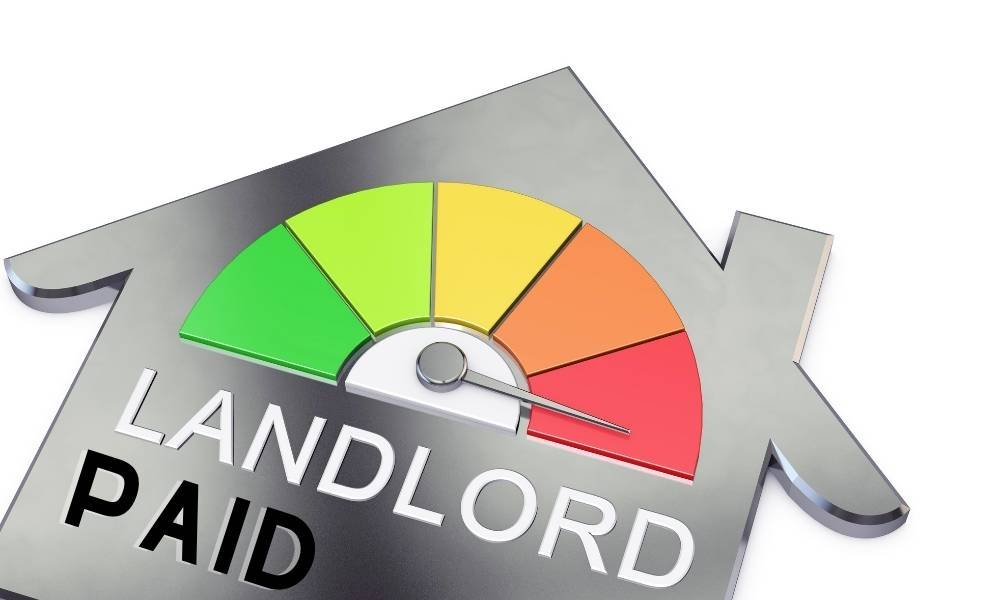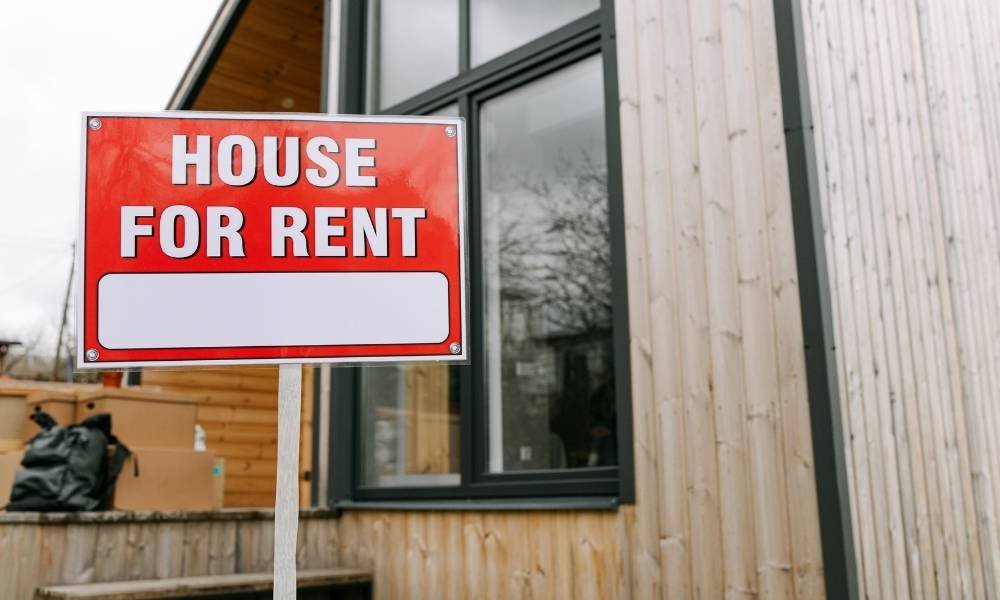Last updated on February 20th, 2024 at 01:52 am
If you’re considering renting a house, there are a few things to keep in mind. You’ll need to consider how much you can afford to spend, what type of housing you’re looking for, where you want to live, and the availability of properties. Furthermore,
If this is the first time you have looked at setting up on your own, without the security of a housemate or your family perhaps, you will need to carefully calculate how to afford living alone. Additionally, it’s important to research the landlord/tenant laws in your state.
1. Understand The Landlord-Tenant Laws In Your Area
Landlord-tenant laws vary from state to state. It is important to be aware of the landlord-tenant laws in your area before renting a house. Some things that may be included in your area’s landlord-tenant laws are security deposits, lease agreements, and evictions.
In most states, landlords are allowed to charge tenants a security deposit. The amount that can be charged varies from state to state. In some states, the landlord must return the security deposit if the tenant leaves the property in good condition.
In other states, the landlord may keep all or part of the security deposit for damages done to the property. It is important to read your lease agreement carefully to see what conditions would allow the landlord to keep your security deposit. Lease agreements are another important part of renting a house.
2. Inspect The Property
Inspection of a property is an important step in the renting process. You want to be sure that the property is in good condition and that you are not responsible for any damage that may have been done in the past.
It is also important to know what is expected of you as a tenant. The landlord should provide you with a copy of the lease agreement before you sign it.
This document will outline your responsibilities as a tenant, as well as the penalties for breaking the agreement.
3. Read Your Lease Carefully

Leases are long and detailed documents that often contain important information about the property, the tenant, and the landlord. It’s important to read a lease carefully before signing it to make sure you understand your rights and responsibilities as a tenant.
Leases may specify when the rent is due, how much notice the tenant must give before moving out, how many people can live in the property, what kind of repairs the tenant is responsible for, and other important details. If something in the lease doesn’t seem right or you don’t understand it, ask your landlord or lawyer for clarification.
Signing a lease is a legally binding agreement, so be sure you are comfortable with all of its terms before signing. If you have any questions or concerns, talk to your landlord or lawyer before finalizing anything.
4. Purchase Renters’ Insurance
Renting a house comes with many benefits, such as not being responsible for repairs and not having to worry about yard work. However, one thing that renters need to be aware of is the fact that their landlord’s insurance policy does not cover their possessions in the event of a fire, theft, or other disaster.
This is where renters’ insurance comes in. Renters’ insurance is a policy that covers the renter’s possessions in the event of a disaster. It also provides liability coverage in case someone is injured while on the property.
The cost of renters’ insurance is typically very affordable, and it is definitely worth it to have this coverage in case something happens.
If you are thinking about renting a house, be sure to ask your landlord if they have rental insurance. If they do not, then you will need to purchase your own policy.
5. Pay Your Rent On Time
It is important to pay your rent on time each month. When you don’t, you can face eviction, which can lead to a lot of other problems. Landlords typically won’t tolerate late payments, and they may even evict tenants who are chronically late with their rent.
If you’re having trouble making your rent payment on time, talk to your landlord. They may be willing to work with you to create a payment plan that works for both of you. You could also try getting a roommate or finding a part-time job to help make ends meet.
Whatever you do, don’t ignore the problem. If you’re behind on your rent, the situation will only get worse. Pay your rent on time each month so you can avoid any potential problems.
6. Make Sure Your Landlord Has Been Paid

It’s always a good idea to make sure that your landlord has been paid in full before you move out of your rental property. This is especially important if you’re renting from a friend or family member. You don’t want to leave them with an unexpected bill, especially if they’re not expecting it.
If you’re unsure of whether or not your landlord has been paid, ask them directly. They’ll be able to tell you whether or not they’ve received the rent payment from you. If they haven’t, be prepared to pay them immediately.
If you can’t pay the rent in full, try to work out a payment plan with your landlord. They may be more forgiving if they know that you’re trying to do the right thing. Just make sure that you stick to the payment plan, so you don’t end up in even more debt.
7. Document All Communication Between You And The Landlord
When renting a house, it is important for both the tenant and the landlord to have a clear understanding of what is expected of each other. This includes documenting all communication between you and the landlord.
This can help avoid any misunderstandings or conflicts down the road. Some ways to document communication with your landlord include keeping a paper trail of emails, texts, or letters exchanged between you and your landlord.
You can also keep track of conversations you have with your landlord over the phone. If there are any disputes that need to be resolved, having this documentation can be helpful in proving what was said or agreed upon between you and your landlord.
8. Get To Know Your Neighbors
Are you renting a house and don’t know your neighbors? It can be intimidating, but it’s important to get to know them. Here are a few tips on how to do just that:
Start by introducing yourself. This is probably the most important thing you can do. Let them know your name and what you do for a living. If you have kids, let them know too.
Ask about their family. What kind of work they do, what their kids are into, and things like that. It’s a great way to start building a relationship with them.
Talk about the weather or current events. It’s an easy way to start up a conversation without feeling like you’re interrogating them.
Invite them over for coffee or dinner. Once you’ve gotten to know them a little bit, invite them over for coffee or dinner.
9. Contact Your Landlord If The Property Needs Repairs

If you are renting a house and notice that it needs repairs, don’t wait to contact your landlord. Many times, landlords will fix things as soon as they are aware of the issue. If you do not contact them, the problem may get worse and could end up costing you more money in the long run.
Be sure to document the problems you are experiencing by taking pictures or videos. This will help when contacting your landlord and can also be helpful if you need to take legal action.
If your landlord does not fix the problem after being notified, there are several steps you can take. You may be able to fix the problem yourself and then deduct the cost from your rent. You can also file a complaint with your local housing authority or contact a lawyer.
10. Protect Your Privacy Rights
While renting a house, it is important to protect your privacy rights. You should always be aware of what information the landlord collects and how that information is used. Make sure to read the rental agreement carefully before signing it.
If you have any questions, ask the landlord or property manager. The rental agreement should include a clause specifying how the landlord can use or share your personal information.
It is important to know that the landlord can disclose your information without your consent if required by law. For example, if the government needs your personal information for tax purposes, the landlord must provide it.
You also have the right to access your personal information and correct any errors. If you want to access your information, contact the landlord or property manager in writing. They will respond within 30 days.
11. Protect Your Security Deposit
When you move out of your apartment, it’s important to leave the space in the same condition as when you moved in. This means cleaning up after yourself and repairing any damage you may have caused. If you don’t, your landlord may keep some or all of your security deposit.
In order to protect your security deposit, make sure to take pictures of the property before and after you move in. This will help prove that you left the space in the same condition as when you moved in.
It’s also a good idea to get receipts for any repairs or cleaning that you do while you’re living there. If there is any damage that can’t be fixed with a swipe of a broom or a coat of paint, make sure to document it with pictures and get estimates for repair costs.
12. Deal With An Eviction Properly

An eviction can be a very stressful experience. It is important to deal with the situation properly to minimize stress and ensure that you are treated fairly. The first step is to understand your rights as a tenant.
You should know what you can expect from your landlord and what they can expect from you. Make sure that you are familiar with the terms of your lease agreement so that you know what is expected of you and your landlord.
If you are having difficulty paying rent, talk to your landlord as soon as possible. They may be willing to work with you to find a solution that works for both of you.
If you have to leave the property, make sure that you do so in a timely manner and leave the property in the same condition as when you moved in. Contact your local housing authority if you need assistance finding new housing.
Final Thought
In conclusion, renting a house can be a great option for those who are looking for a place to live. It can be a more affordable option than buying a home, and it can also be a good way to get started in the housing market.
There are many different types of rentals available, so it is important to do your research and find the right one for you. If you are considering renting a house, be sure to keep these things in mind.




